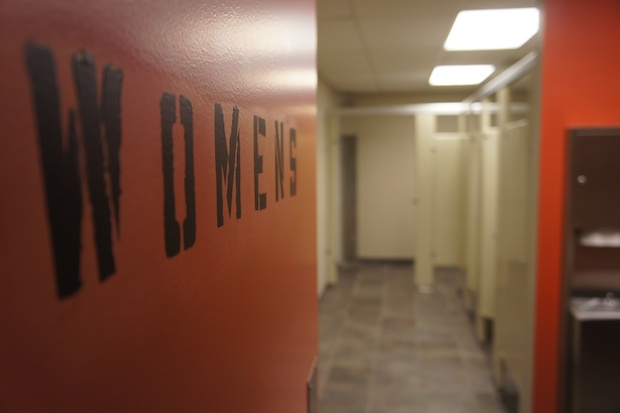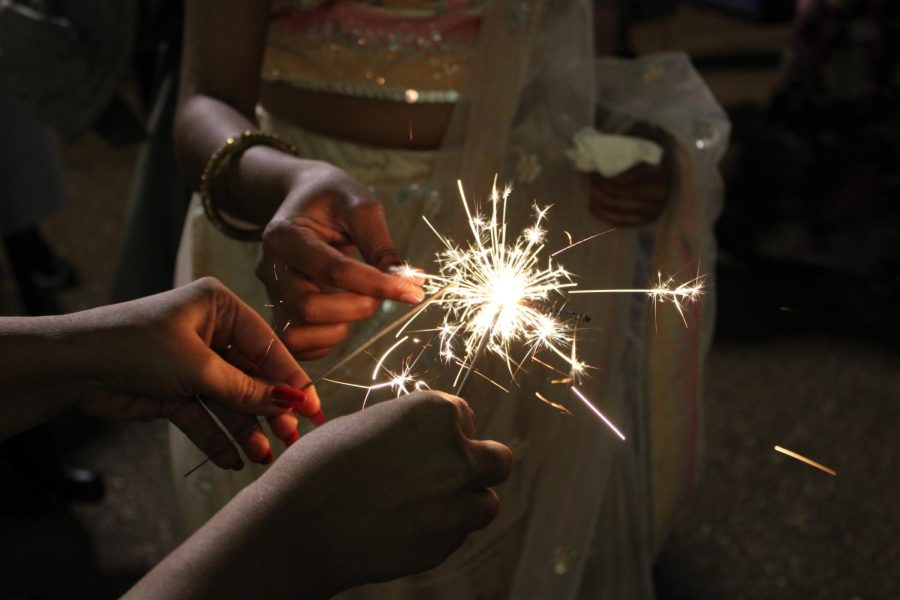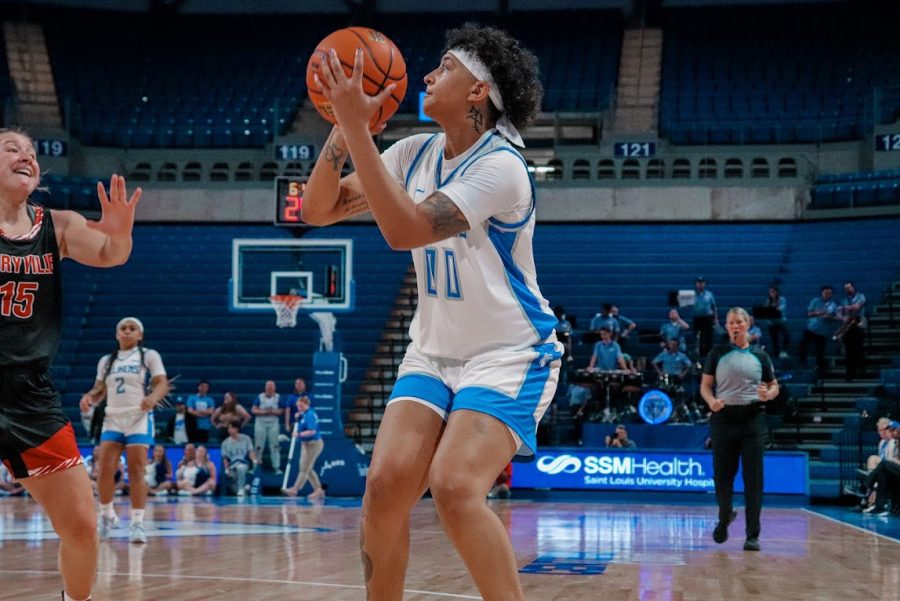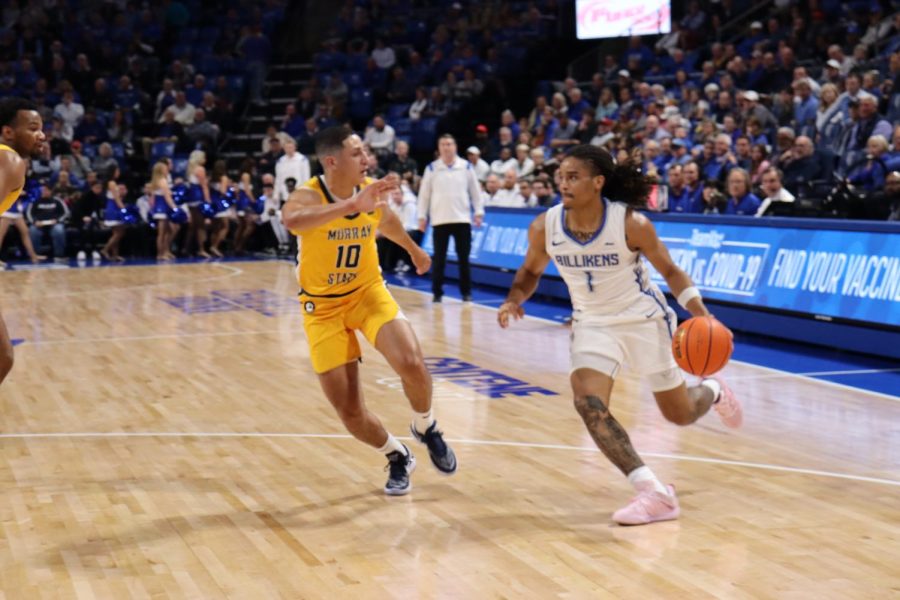A female student reported that she was sexually assaulted while visiting the University Heights Loft Apartments at approximately 2 a.m. on Sunday, Jan. 23, according to the Department of Public Safety and Security Services. The assailant, described as a blonde haired, white male between the ages of 19 and 22, reportedly pushed the female back into the restroom that she had been exiting and proceeded to assault her.
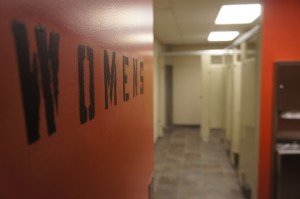
Roland Corvington, director of DPSSS, said he is not at liberty to discuss the incident due to an ongoing investigation within the St. Louis Metropolitan Police Department. However, Corvington advised the University community to be alert to their surroundings.
Senior Jon Roper, a resident in the Loft Apartments, said he felt security is not a top priority in the building. While Roper acknowledged that the building is locked under a security code, he said that there is so much traffic in and out due to frequent partying, it is nearly impossible to know who lives in the building and who does not.
“Out of all the places to party, this is the spot,” Roper said. “The Lofts are seen as a weekend party hangout for students to get away from [Resident Advisors] on campus.”
Security officials stationed at the Loft Apartments, which is under camera surveillance, declined to comment about the safety of the building or the incident.
Senior Kate O’Connor, who also lives in the Loft Apartments, said she does not feel less safe in the Lofts than anywhere else.
“The same thing happened last year in Grand Forest [Apartments].” O’Connor said, acknowledging the sexual assault case that happened on campus involving members of the men’s basketball team and a female victim last May.
Of the most recent incident at the Loft Apartments, O’Connor said that she felt the assault was tragic.
“It’s definitely one of those ‘oh my goodness’ moments,” O’Connor said.
O’Connor, however, said she can be smart when keeping herself safe. “I can lock my door,” she said. “I can not walk alone.”
O’Connor’s safety suggestions echo advice from Corvington: When leaving your dorm or apartment, make sure that your doors and windows are locked. Refrain from propping open building doors. Report unauthorized persons who enter or attempt to enter into residence halls or building access doors. Travel with someone, particularly at night, on well lighted and well travelled streets.
Regardless of safety precautions, the recent incidents have peaked student awareness of assault on campus.
Last April, a female victim was assaulted by an unknown assailant in a restroom in Xavier Hall. Corvington said the assault was not related to forcible sexual relations. He confirmed the only sexual assault that occurred on campus in 2010 was related to the men’s basketball teammates. Upon completion of a Student Conduct Board meeting, the players faced suspensions but no criminal charges.
“We hear about sexual assault when high profile athletes are involved, but the reality is that one in four women are sexually assaulted during their college years,” said Theresa Meinert, a member of Una, the campus organization that acts as a feminist voice for the University community. “We need to address the culture of rape, and recognize that it is happening here.”
Una plans to take steps to prevent sexual assault during Sexual Assault Awareness Month in April.
“There is a culture of victim-blaming prevalent in our society,” Meinert said. “Upon hearing someone has been assaulted, the first inclination is to ask ‘What was she wearing?’ or ‘Why was he or she walking alone by themselves?’ or even, ‘How much did he or she have to drink? Our goal is to direct the focus of the perpetrators of crime, and not those who suffer crime.”
Meinert also said that Una plans to promote sex as a positive activity that should be exciting and enjoyable for both partners.
“If one of the partners is coerced into an act, even if they aren’t crying and screaming, they are clearly not complicit,” Meinert said. “Therefore, it is not acceptable.”
The DPSSS policy on sexual assault confirms that “to constitute lack of consent, the act(s) must be committed by force, intimidation, or through use of the victim’s mental incapacity or physical helplessness, including intoxication.”
Corvington said controlling the consumption of alcohol, aggressively putting a stop to unwanted sexual advances and reporting behavior that suggests stalking are some of the best ways a potential victim may be able to protect himself of herself from assault.
Corvington said that if someone does become a victim of sexual assault, he or she is advised to immediately report the assault to law enforcement. According to DPSSS policy on sexual assault, “it is important to preserve evidence that may be necessary to prove criminal sexual assault” and actions like showering, drinking liquids or changing clothes immediately after the incident may obstruct the evidence when undergoing a medical exam.
Victims of sexual assault are advised to visit the Student Health and Counseling Center, and can find support from the Student Health Advocates and Peer Educator (SHAPE) program, as well as from Una. DPSSS advises that victims file a criminal report documenting the incident.
“As a Catholic, Jesuit educational institution, Saint Louis University is committed to fostering a safe, supportive environment conducive to the academic pursuit and healthy personal development of all students,” states the DPSSS policy on sexual assault. “All members of the University community share responsibility for fostering this environment by adhering to standards of conduct. Sexual assault is a serious violation of these standards.”




